Emotional Anthony Albanese takes ownership of voice campaign and stakes leadership authority on result

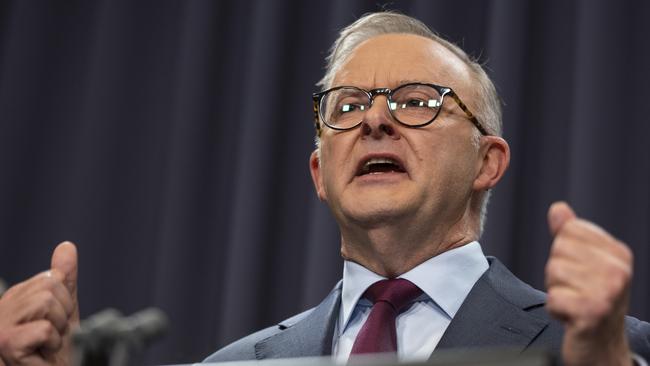
Having spent much of his address on Thursday fighting back tears, Albanese signalled to voters that he is now personally and emotionally invested in the outcome.
This leaves little room for interpretation. Having allowed the debate to drift away from the Yes campaign for the past 10 months, Albanese has now assumed principal ownership of the campaign.
This is the Prime Minister’s new gambit; a risk that failure to secure victory through the referendum will ultimately reflect a failure of leadership.
As a consequence, Albanese’s emotion-laden appeal to voters may have altered the political formula that suggests Peter Dutton and the Liberal Party will pay a grave electoral price if they refuse to offer a bipartisan position.
This may well still be the case. But Albanese now also shares the downside risk of a negative outcome. As he said, it was now “full steam ahead”.
Albanese has crossed the Rubicon and there is no turning back.

It is wishful thinking to believe that if the referendum fails, it won’t wound the government and Albanese’s authority as leader.
It might be a stretch to suggest that the future of his leadership is now tied to the result, that his day job is on the line, but with Albanese having advanced significantly against his own political capital, it can’t not have an impact.
Albanese has been conservative and cautious in his approach to government so far. However, on this he has stuck his neck out.
The emotion displayed on Thursday was a sign of two things. A leader succumbing to a sense of occasion but also, perhaps, a realisation that this is, and will be, the hardest thing he has to do as leader.
By his own admission, the risks are profound.
Albanese has issued a dual appeal to Australian voters.
One driven by emotion and symbolism, the other being a demand that a sober assessment be made of the facts of the case he is presenting.
As Albanese suggests, it is a decision voters need to make with heart and mind. But there is an inherent contradiction in his argument.

It can’t be a modest request at the same time as being a nation-defining decision.
And it is the facts, as outlined in the release of the referendum document, that are now more deeply in contention following Thursday’s announcement.
Albanese made no substantial argument beyond a sentimental imperative, other than to say the best legal minds in the country had assessed its legal vigour.
It clearly left questions hanging. And this is a high-risk strategy.
By deciding not to engage intellectually with those who are opposed, Albanese has not addressed what are legitimate concerns. This was an inherent weakness from the start.
And in doing so, by opting for little change to what he himself proposed last year, Albanese has chosen an option that appeases indigenous leaders at the risk of political partisanship.
This is ironic, considering his warning to caucus colleagues on Tuesday that no referendum had ever succeeded without bipartisan support.
Yet the final wording of the question, moreover the principles of the Voice, have made it even less likely that the Liberal Party could support a Yes vote.
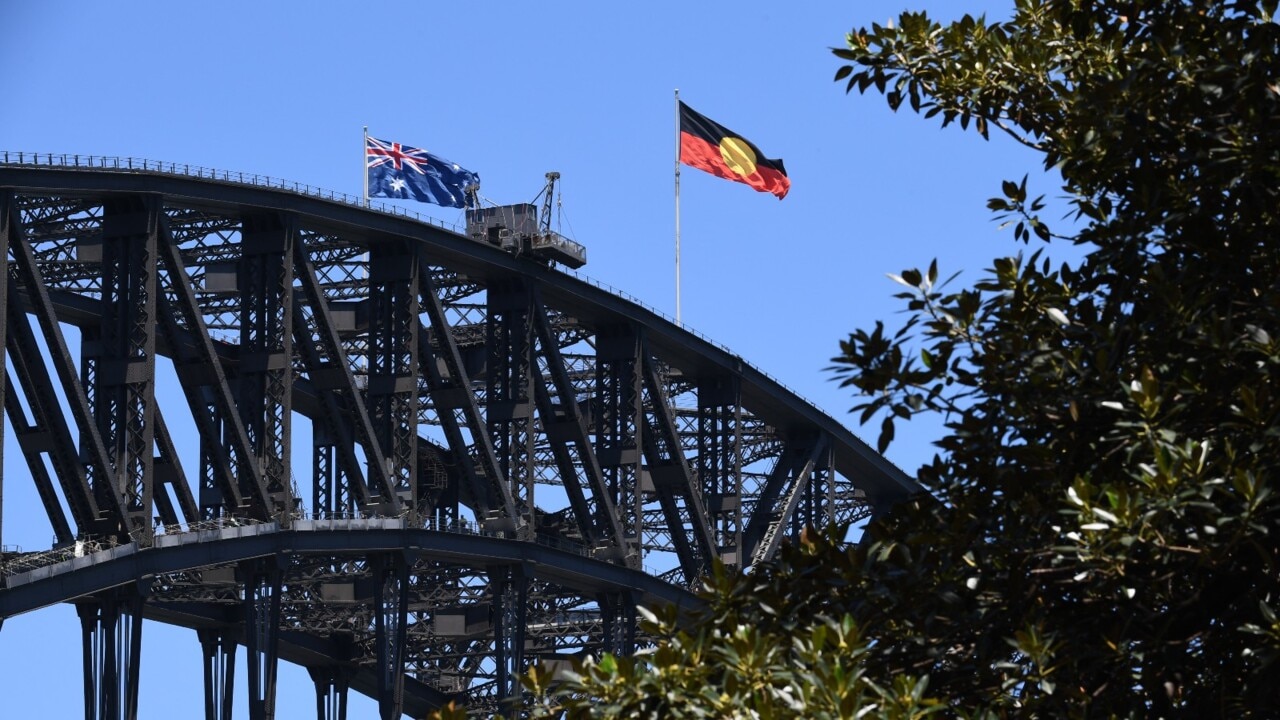
By refusing to engage, he makes it inevitable that Dutton will oppose. If Albanese’s historical assessment is to apply, the government is almost dooming the Voice to fail.
This is not in Albanese’s thinking. He believes that the sentiment will carry the day.
The history of constitutional change on big questions such as this suggests overwhelming support is needed to satisfy Albanese’s argument that it will be a unifying occasion for the nation.
Polling suggests to date that this is far from the case.
There is a corollary for Dutton, of course, in all this. Should he decide, as is likely, that the Coalition opposes the question put to Australians, then even on the slimmest of margins should it succeed, his own leadership will be in peril.

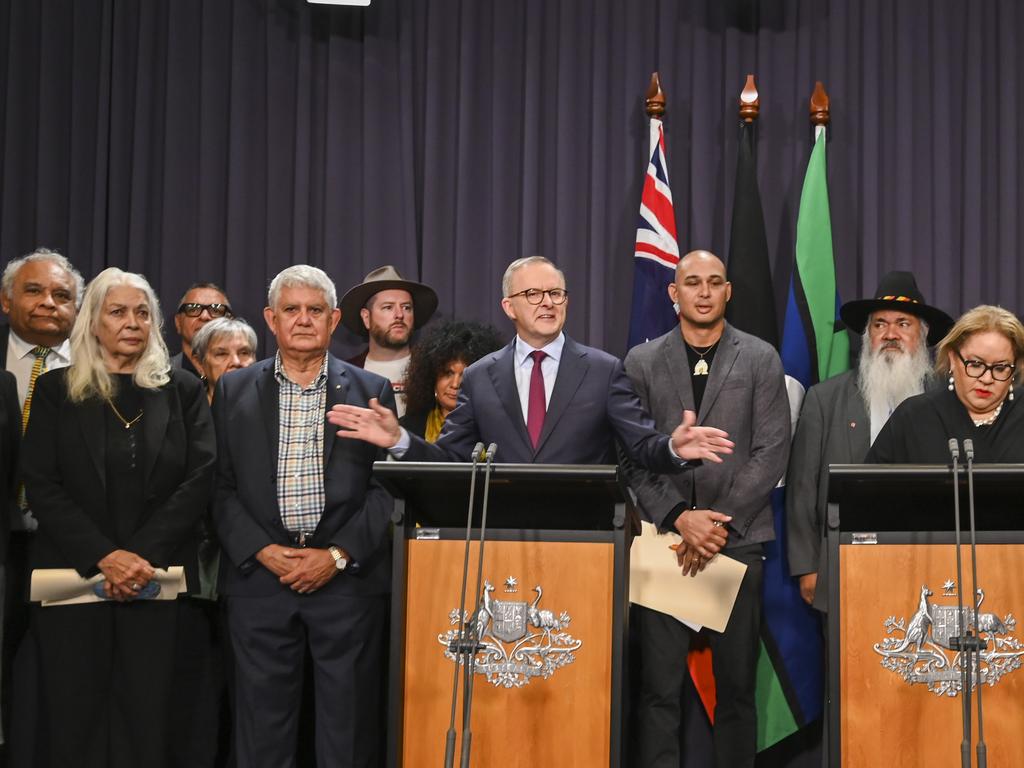
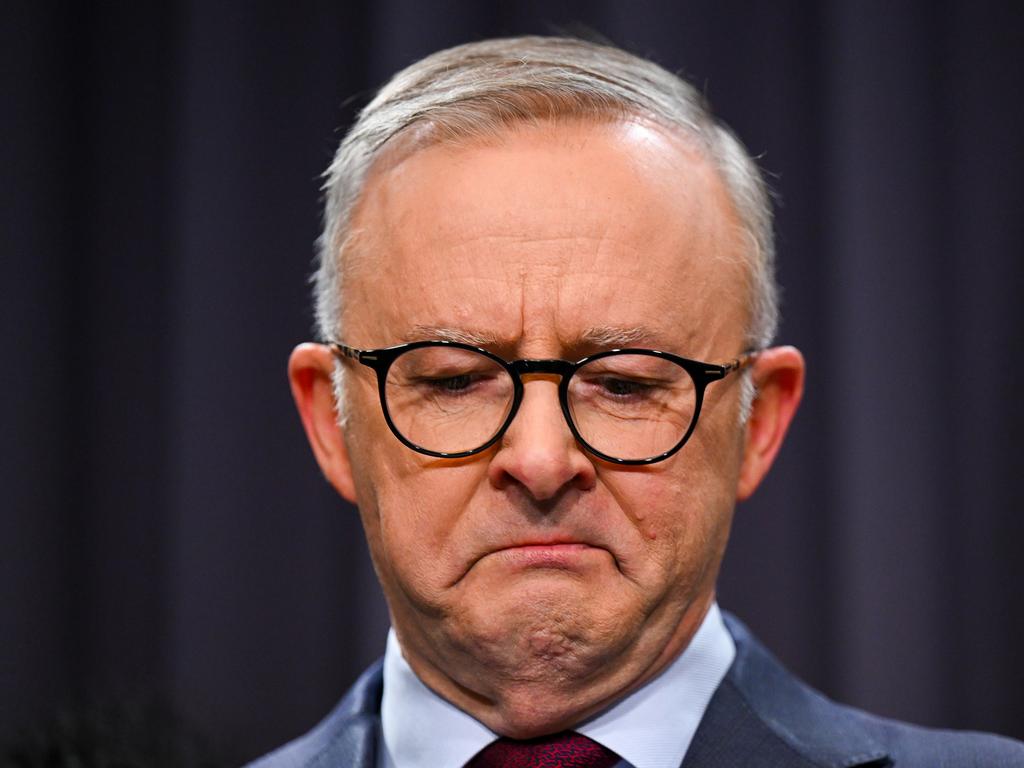
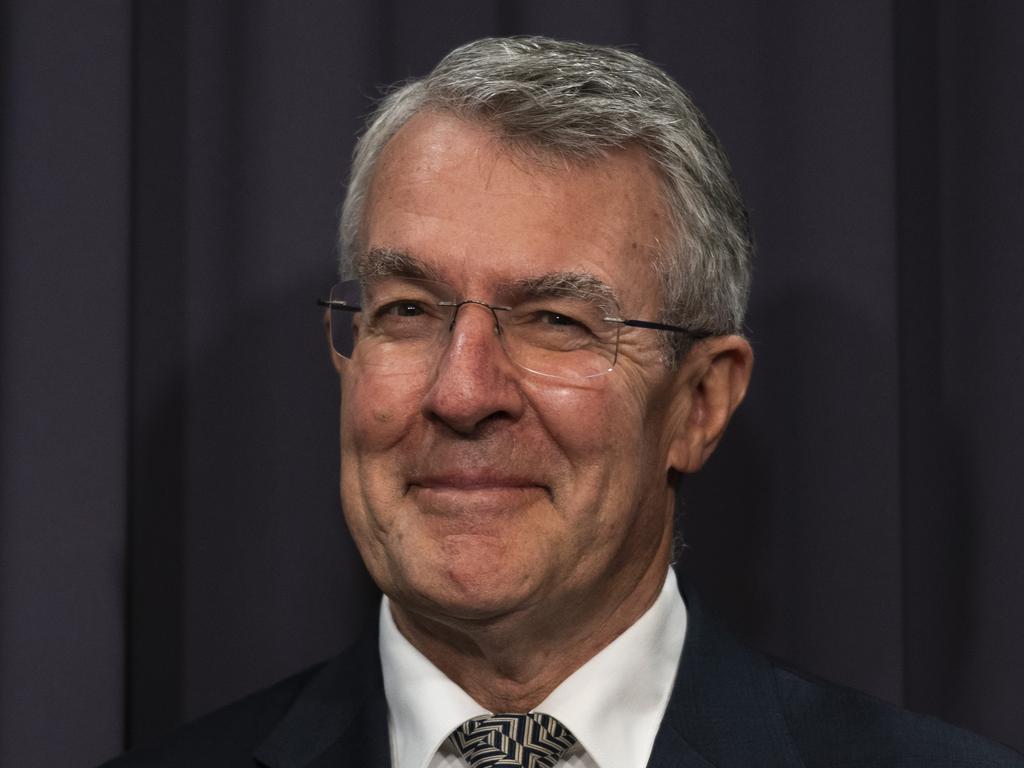
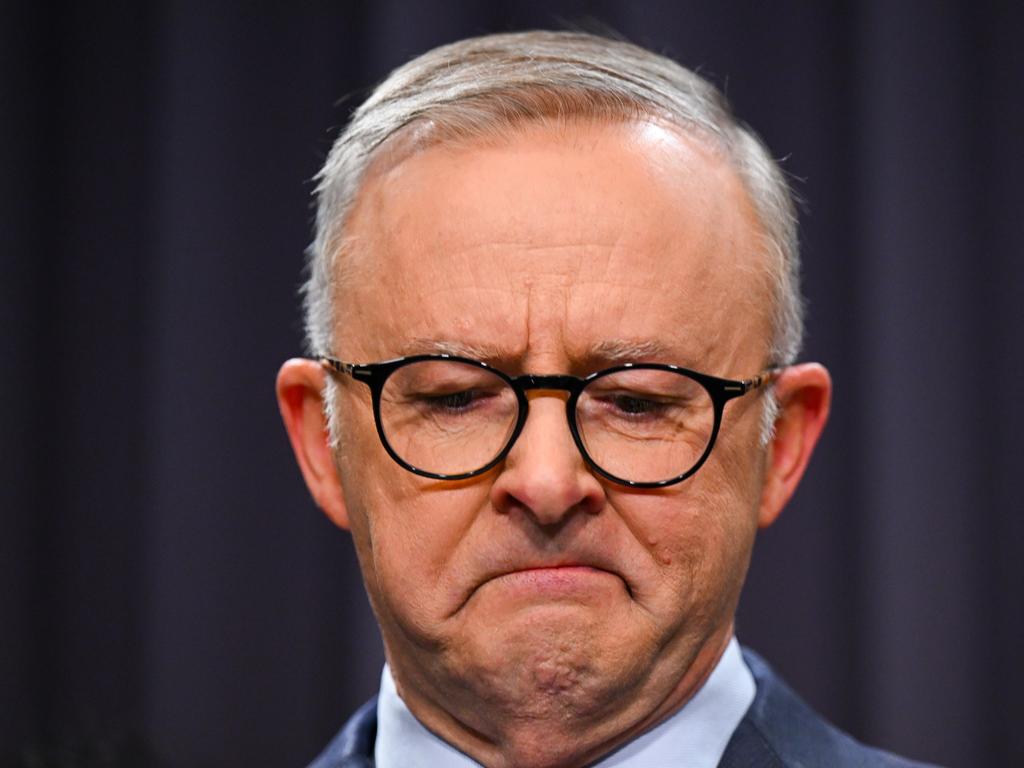


Anthony Albanese has now staked the authority of his leadership and that of the government on the outcome of the voice referendum. His emotional appeal for people to support the Yes campaign has ensured this.